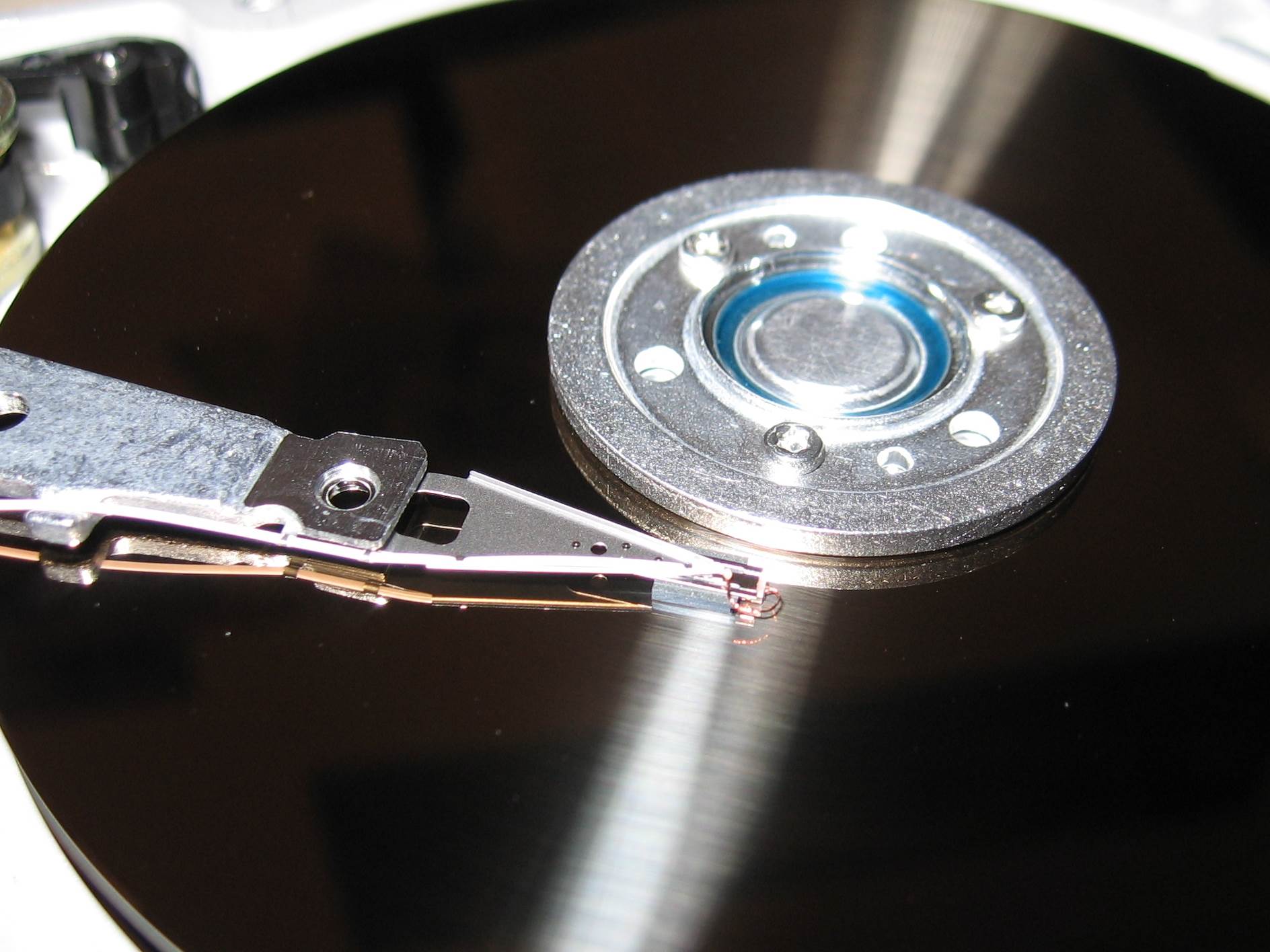
ir-rescue
ir-rescue is composed of two sister scripts that collect a myriad of forensic data from 32-bit and 64-bit Windows systems (ir-rescue-win) and from Unix systems (ir-rescue-nix). The scripts respect the order of volatility and artifacts that are charged with the execution (e.g., prefetch files on Windows) and are intended for incident response use at different stages in the analysis and investigation process. Each is described as follows:
- ir-rescue-win is fully written in Batch and can be set to perform comprehensive and customized acquisitions of specific types of live data and of historical data from available Volume Shadow Copy Service (VSS) copies. ir-rescue-win makes use of built-in Windows commands and well-known third-party utilities from Sysinternals and NirSoft, for instance, some being open-source. PowerShell and the Windows Management Instrumentation (WMI) are not used in order to make ir-rescue-win transversally compatible.
- ir-rescue-nix is written in Bash (v4+) and makes use of built-in Unix commands. Some commands used might not be POSIX-compliant and therefore might not be available on some Unix-like systems or variants, especially on older operating systems.
ir-rescue is designed to group data collections according to data type. For example, all data that relates to networking, such as open file shares and Transmission Control Protocol (TCP) connections, are grouped together, while running processes, services and tasks are gathered under Malware. The acquisition of data types and other general options are specified in a simple configuration file. It should be noted that the scripts launch a great number of commands and tools, thereby leaving a considerable footprint (e.g., strings in the memory, prefetch files, program execution caches) on the system. The runtime varies depending on the computation power, disk write throughput and configurations set. Disk performance is especially important if secure deletion is set and when dumping 64-bit memory (usually 8 GB in size), which can take a considerable amount of time.
ir-rescue has been written for incident response and forensic analysts, as well as for security practitioners alike. It represents an effort to streamline host data collection, regardless of investigation needs, and to rely less on on-site support when remote access or live analysis is unavailable. It can thus be used to leverage the already bundled tools and commands during forensic activities.
Download && Tutorial
Copyright © 2016-2019 Diogo A. B. Fernandes.
All rights reserved.